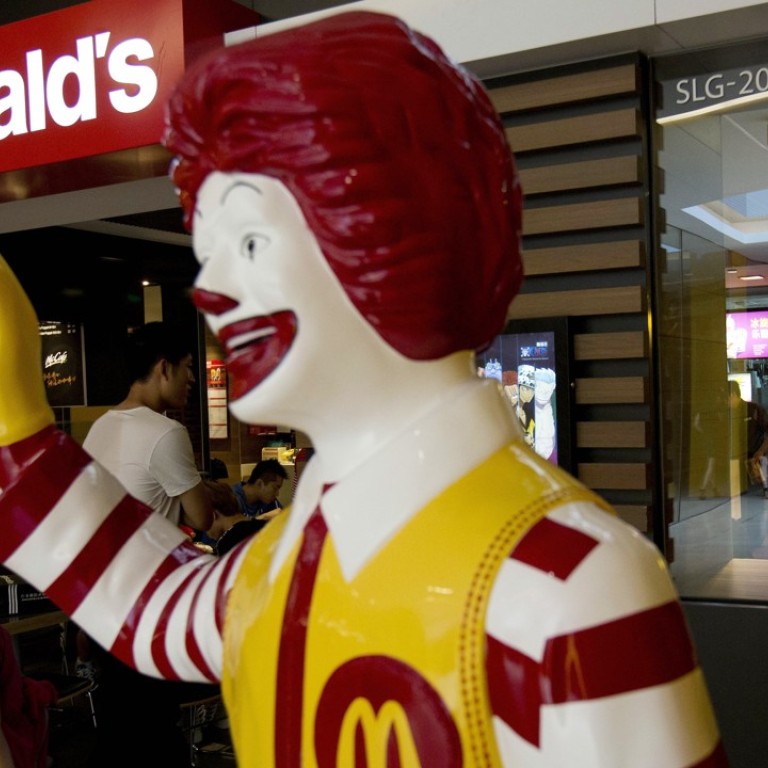
McDonald’s accelerates China expansion through partnership with property giant Evergrande
McDonald’s has accelerated its localisation strategy in mainland China by entering into a partnership with Evergrande Group, the country’s largest homebuilder.
The agreement comes two weeks after the global fast food giant closed a deal to sell a controlling stake in its Chinese and Hong Kong divisions to China’s state-owned Citic Group.
The newly formed McDonald’s China also unveiled a plan early August to add 2,000 more restaurants to its current 2,500 in mainland China over the next five years in a bid to overtake rival Yum Brands’ KFC chain, which has a bigger share of the mainland market.
“The strategic cooperation with Evergrande will prompt McDonald’s restaurants to quickly expand its footprint throughout the country, especially in third- and fourth-tier cities,” Citic chairman Chang Zhenming said in a statement.
Evergrande will give McDonald’s “priority” in site selection under its property developments nationwide, Citic said.
The strategic cooperation with Evergrande will prompt McDonald’s restaurants to quickly expand its footprint throughout the country, especially in third- and fourth-tier cities
As middle class Chinese consumers upgrade to more expensive brands and spend more on high-quality food, McDonald’s has turned its sights on consumers in the vast number of smaller mainland cities.
The fast-food chain is now aiming to have 45 per cent of its 4,500 mainland China stores located in third- and fourth-tier cities, and more than 75 per cent of those will offer a delivery service.
The ownership by China Evergrande Group of some 700 property projects in 240 mainland – mostly lower-tier – cities, appears consistent with McDonald’s strategy.
“It’s increasingly hard for McDonald’s to find good locations in China. Developers and mall operators don’t want McDonald’s anymore, they now want more Starbucks, as McDonald’s attracts the wrong crowd who look for cheaper stuff,” said Shaun Rein, founder of China Market Research Group and author of the forthcoming book The War for China’s Wallet.
Different from most other major economies, the McDonald’s Chinese business has long been in the shadow of KFC, which entered the mainland China three years earlier in 1987 and boasts better consumer recognition.
What’s more, unlike in the US, most McDonald’s stores in China are franchisee-operated so the company doesn’t own a lot of properties on the mainland. This means a strong partnership with a big developer could be a short-cut to achieve its five-year growth plan, Rein said.
However, some analysts said partnering with a property developer could be a double-edged sword.
“On the one hand, it could help them secure strong locations they otherwise would not have been able to get in a bundled package, but at the same time there are often weaker locations within the package too,” said Steven Kwok, associate partner with OC&C Strategy Consultants.
Driven by rapidly changing consumer tastes, along with rising rents and labour costs, McDonald’s agreed to sell a 52 per cent controlling stake in its mainland and Hong Kong operations to Citic and Citic Capital. After the deal, US private equity firm Carlyle Group holds 28 per cent, and McDonald’s retains a 20 per cent stake.
The US$2 billion deal was completed at the end of July, turning the “Golden Arches” logo, widely viewed as a symbol of American culture, into a state-owned asset in China.
In an earlier announcement, Steve Easterbrook, McDonald’s chief executive, said China will soon become its largest market outside of the US.

